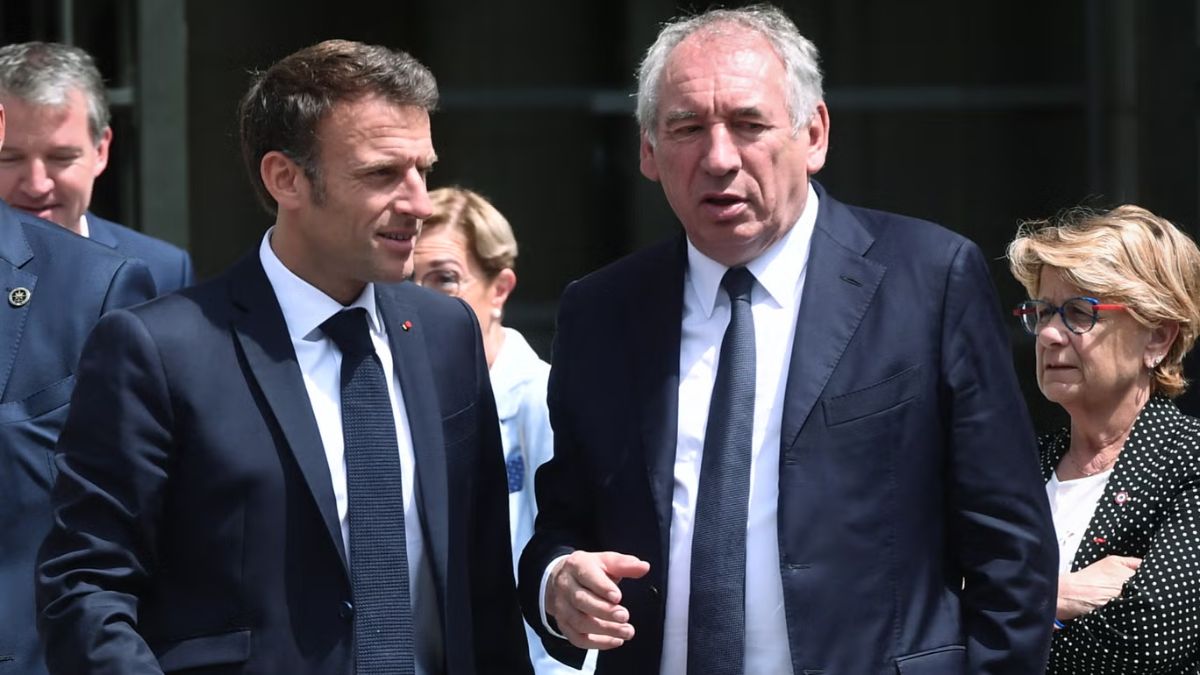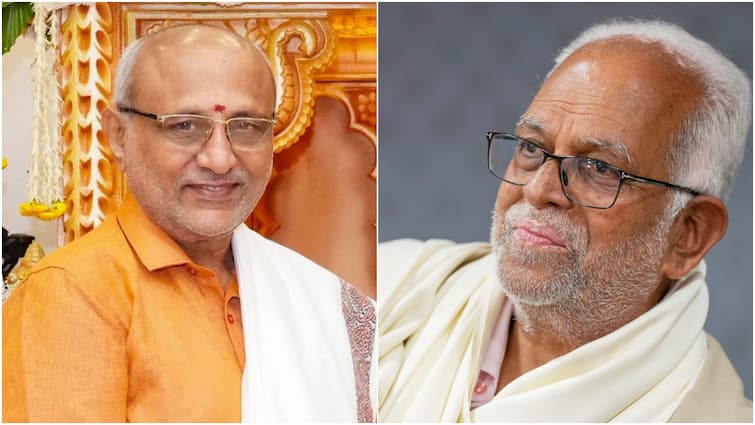The no-confidence motion passed with 364 votes against Bayrou and 194 in his favour, according to a report
French lawmakers on Monday voted to oust Prime Minister François Bayrou, triggering a fresh political crisis and leaving the country without a functioning government as it faces mounting economic pressures and global geopolitical tensions.
According to a CNN report, the no-confidence motion passed with 364 votes against Bayrou and 194 in his favour.
The vote was prompted by Bayrou himself, who sought parliamentary backing for his contentious €44 billion ($51 billion) savings plan. The proposal included eliminating two public holidays and implementing a freeze on government spending, measures that sparked public backlash and fierce opposition in parliament.
Bayrou, who has served just nine months in office, will now be forced to resign, added the report.
His fall mirrors that of his predecessor, Michel Barnier, who also lost a no-confidence vote in December.
Bayrou’s abrupt no-confidence defeat has now handed President Emmanuel Macron the task of finding a fifth prime minister in less than two years.
Bayrou had called the vote in hopes of securing support for a €44 billion ($51.5 billion) deficit-cutting plan aimed at bringing France’s nearly 6% deficit closer to the EU’s 3% ceiling.
But opposition parties, with an eye on the 2027 presidential election, rejected the unpopular measures, including cuts to public spending and the scrapping of two public holidays.
Macron must now choose a successor. He could stick with his centrist bloc, pivot to a moderate socialist, or appoint a technocrat. But none of these options is expected to deliver a parliamentary majority.
Finance Minister Eric Lombard warned the reshuffle would likely dilute the deficit plan.
The next government’s most pressing task will be to pass a budget – the same challenge Bayrou faced when he took office.
“You have the power to bring down the government, but you do not have the power to erase reality,” Reuters quoted Bayrou as telling lawmakers before the confidence vote.
“Reality will remain relentless: expenses will continue to rise, and the burden of debt, already unbearable, will grow heavier and more costly,” he said.
France’s “very survival is at stake,” he said.
France’s EU peers will be watching closely.
While Macron has so far resisted calls from the far-right National Rally and left-wing France Unbowed to dissolve parliament, a snap election remains a looming possibility.
Macron and political figures from centrist and conservative parties deem that a snap election would not solve the crisis and that talks with the Socialists should be pursued, Reuters quoted two sources familiar with Macron’s thinking as saying.
The Socialists have offered a counter-budget that would impose a tax of at least 2% on personal wealth greater than 100 million euros and generate savings of 22 billion euros – a proposal that would be tough to marry with the pro-business reform agenda of Macron’s presidency.
Discontent may also start brewing on the streets. A grassroots protest movement called “Bloquons Tout” (“Let’s Block Everything”) is calling for nationwide disruption on Wednesday. Trade unions are plotting walkouts the week after.
With inputs from agencies
End of Article

)

